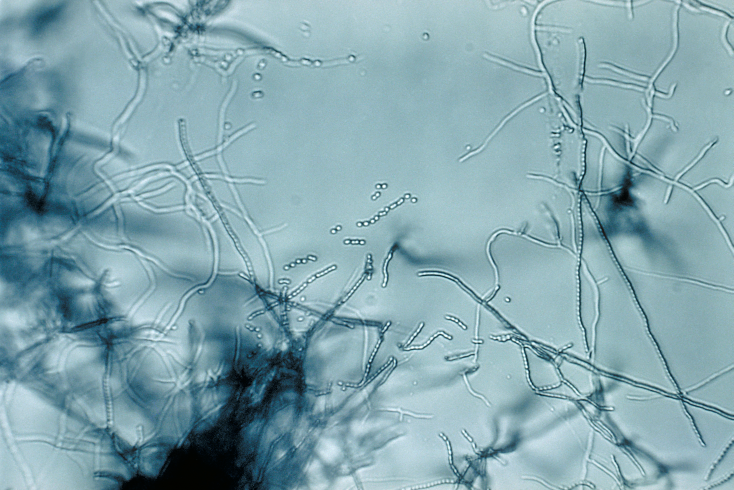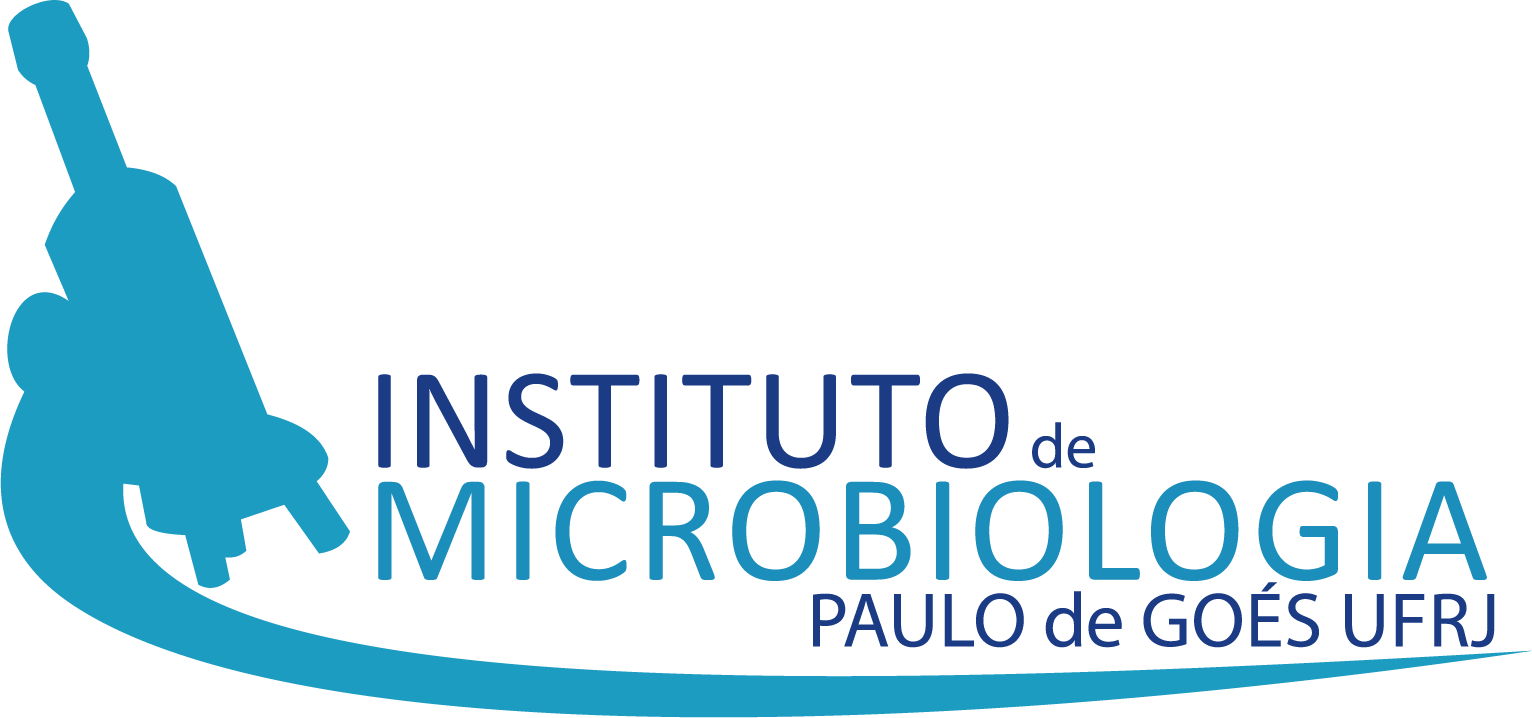16/04/2015
Actinomiceto de solo brasileiro inibe bactéria envolvida na biocorrosão


Por Juliana Pacheco da Rosa, Elisa Korenblum, Marcella Novaes Franco-Cirigliano, Fernanda Abreu, Ulysses Lins, Rosângela M. A. Soares, Andrew Macrae, Lucy Seldin, and Rosalie R. R. Coelho
Um actinomiceto, o Streptomyces lunalinharesii Strain 235 isolado de solo brasileiro demonstrou atividade antimicrobiana contra uma bactéria envolvida em processo de biocorrosão, a Desulfovibrio alaskensis NCIMB 1349.
Esta pesquisa descreve pela primeira vez uma substância isolada de um actinomiceto com ação contra uma bactéria causadora de biocorrosão e abre um caminho para a descoberta de novas substancias biocidas com aplicação industrial principalmente na indústria petroleira.
Streptomyces lunalinharesii Strain 235 Shows the Potential to Inhibit Bacteria Involved in Biocorrosion Processes
Four actinomycete strains previously isolated from Brazilian soils were tested for their antimicrobial activity against Bacillus pumilus LF-4 and Desulfovibrio alaskensis NCIMB 13491, bacteria that are well known to be involved in biolm formation and biocorrosion. Strain 235, belonging to the species Streptomyces lunalinharesii, inhibited the growth of both bacteria. e antimicrobial activity was seen over a wide range of pH, and aer treatment with several chemicals and heat but not with proteinase K and trypsin.
The antimicrobial substances present in the concentrated supernatant from growth media were partially characterized by SDS-PAGE and extracellular polypeptides were seen. Bands in the size range of 12 to 14.4 kDa caused antimicrobial activity. Transmission electron microscopy of D. alaskensis cells treated with the concentrated supernatant containing the antimicrobial substances revealed the formation of prominent bubbles, the spherical double-layered structures on the cell membrane, and the periplasmic space completely filled with electron-dense material. This is the frst report on the production of antimicrobial substances by actinomycetes against bacteria involved in biocorrosion processes, and these fndings may be of great relevance as an alternative source of biocides to those currently employed in the petroleum industry.
BioMed Research International
Volume 2013, Article ID 309769


